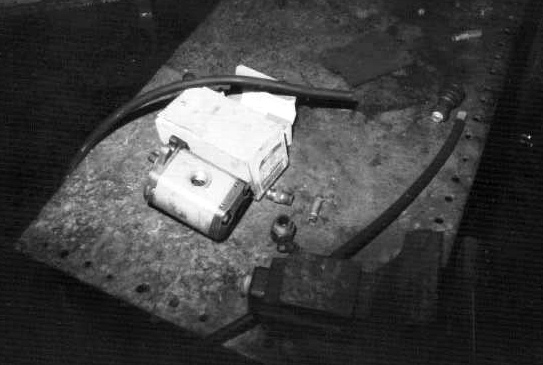The Weekly Reflektion Week 52 / 2020
We read many reports on investigations into major accidents and one statement that occurs pretty often is ‘Investigators believe a safety inspection might have prevented a disaster’. This statement appeared in the investigation into a fire that killed 25 workers.
Do you carry out regular inspections to ensure the people on your facilities will survive your operation?


On the 3rd September 1991, a fire broke out at the Hamlet chicken processing plant in Hamlet, North Carolina. 25 workers were killed and 55 injured and most of these were trapped behind locked fire doors when they tried to make their escape. The fire was the second worst industrial accident in North Carolina. Following the investigation, the owner was sentenced to 20 years imprisonment, although he only served four, and the company received the highest ever fine in North Carolina. The Federal Authority was also charged with taking over responsibility for the enforcement of the North Carolina worker safety laws. The local authority had never carried out a safety inspection at the plant in the 11 years of operation. Investigators believe that a safety inspection might have prevented the disaster.
The processing of the chicken included a gas fired vat used for frying the chicken. The chicken was feds into the vat on a conveyor belt that was driven by a hydraulic motor. One day there was a leak on the hydraulic oil pipe supplying the motor. A mechanic replaced the pipe however the installation of the new pipe resulted in a trip hazard. This was particularly undesirable for people working around the hot oil in the vat. The mechanic modified the line by cutting it, rerouting it and installing a new connection. When the line was pressured up the connection parted and hydraulic oil sprayed onto the heating lines to the vat and ignited producing a fireball. The hydraulic pump kept pumping oil into the blaze until an electrical fault, caused by the fire, shut it down. By this time,the fire had spread throughout the factory.
The fire doors were locked, and the windows were boarded to prevent theft and vandalism. The people working at the factory were concerned about the locked fire doors but were unwilling to speak up due to fear of losing their jobs. The factory at Hamlet had no fire alarm system and there were no sprinklers in the building. There had been three previous fires at the factory, yet no actions had been taken on fire prevention or on escape and evacuation. The company had been cited for safety violations at another factory in Pennsylvania a few years before. The violations included poorly marked or blocked emergency exits.
Sometimes when you read the stories like this one at the Hamlet chicken factory you think to yourself, how could they not see that the factory was dangerous? How could they let 25 people die when the safety violations seem so obvious? What questions will be asked of you when a serious incident occurs at your site?
What about safety inspections at home? Fire alarms, fire extinguishers, fire escape. What regrets will you have when something serious happens at home?
Thank you to Fiona Mcleod the chair of the editorial panel for the Institution of Chemical Engineers (IChemE) Loss Prevention Bulletin for telling us about this incident at the IChemE Hazards30 virtual conference, and for encouraging us to tell stories to promote learning.
